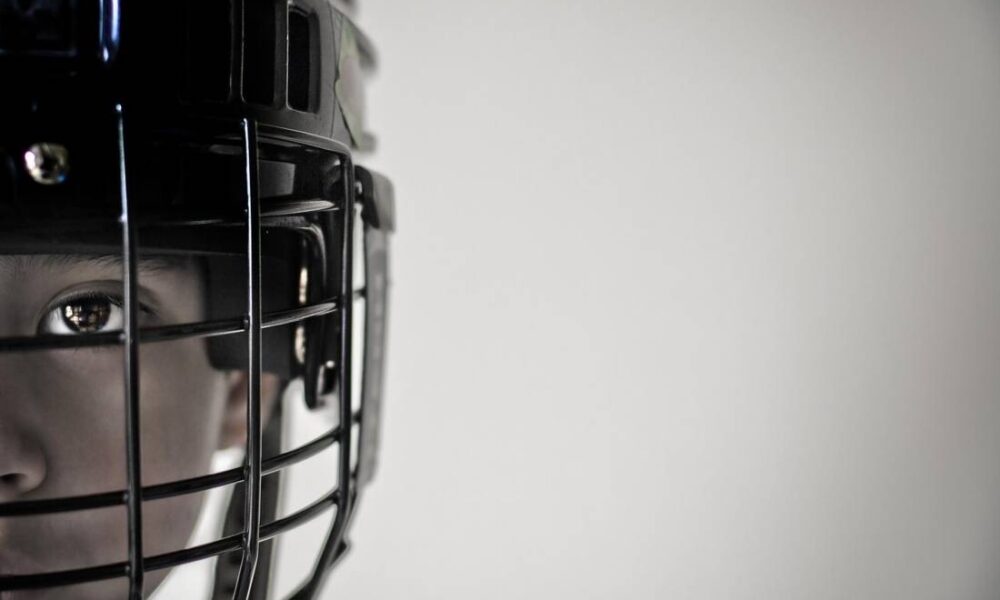In light of the revelation about the mishandling of Miami Dolphins quarterback Tua Tagovailoa’s concussion, conversations about the role of concussions in many sports, especially youth hockey, have been reinvigorated. Dr. Charles Tator, a prominent Canadian neurosurgeon, Order of Canada recipient, and director of the Canadian Concussion Centre (CCC) at Toronto Western Hospital, spoke with The McGill Tribune about the impacts of brain trauma on youth and called on Hockey Canada to delay its current ban on body checking from age 13 to 18.
Tator’s recent study, which fills the data gap on the long-term effects of concussions in youth athletes, is the first to examine the long-term consequences of brain trauma in young hockey players. The study followed 87 hockey players—66 men and 21 women—between the ages of 10 and 18 that were referred to the CCC between 1997 and 2017 after being diagnosed with a concussion.
The study revealed that post-concussion syndrome (PCS)—when concussions symptoms last beyond the expected recovery period of seven to 10 days following the initial injury—occurred in 80.4 per cent of players. Of the 34 patients that sustained concussions from body checking, 70.6 per cent of them suffered from PCS.
Concussions are typically caused when one’s head or body is hit with enough force to stretch, damage, and even break the brain’s neurons. This can lead to chemical and metabolic changes within these brain cells, making it difficult for them to function and communicate. In addition to the immediate pain following concussions, PCS symptoms can include fatigue, irritability, difficulty concentrating, memory problems, and sometimes depression. Other behaviours such as impulsiveness, poor social judgment, and dramatic personality changes may also develop.
Tator’s study indicates that if leagues banned body checking until age 18, there would be a lower overall incidence of concussions in hockey players.
“Because treatment for neurological injuries is not effective for everybody, we should spend more time trying to prevent the injuries from happening in the first place,” Tator said. “Our data indicated that by 18, you’re much more agile […] you can skate better […] and your brain is more developed [….] We didn’t have too many 18-year-olds with concussions from body checking.”
Despite the rigour Tator employed throughout his research process, his work has been met with criticism from some, like McGill men’s hockey coach David Urquhart.
“Contact and concussions are prevalent in female hockey despite rules against body checking,” Urquhart told the Tribune. “Teaching proper angling, checking, and contact prevention techniques coupled with properly enforced rule changes could be valuable methods for concussion prevention.”
Tator takes criticism like Urquhart’s in stride, pointing to the benefits that waiting until the age of 18 to introduce body checking would have for high-level sports teams.
“If [professional and university teams] wait until age 18 to recruit, there’ll be a much larger pool of players because all of those who were [saved from] damage by early concussions will be available,” said Tator.
There is a large body of evidence linking concussions to long-term brain damage and cases of chronic traumatic encephalopathy (CTE)—a progressive neurodegenerative disease caused by repeated blows to the head—in former NHLers such as Steve Montador and Derek Boogaard. The National Hockey League (NHL) and its commissioner, Gary Bettman, however, continue to deny the connection between concussions and CTE. To many, the debate over body checking bans in hockey is a battle between medical expertise and profits.
“Gary Bettman sells violence,” Tator concluded. “He makes money for [NHL team] owners, and they love him and won’t dislodge him. It’s a problem that has been created, but I think it’s a problem that can be solved.”









Pingback: Introducing Bodychecking Later On May Avoid Most Youth Concussions – Cmy Sports
Pingback: Leading Canadian neurosurgeon recommends ban on body checking in hockey until age 18 -